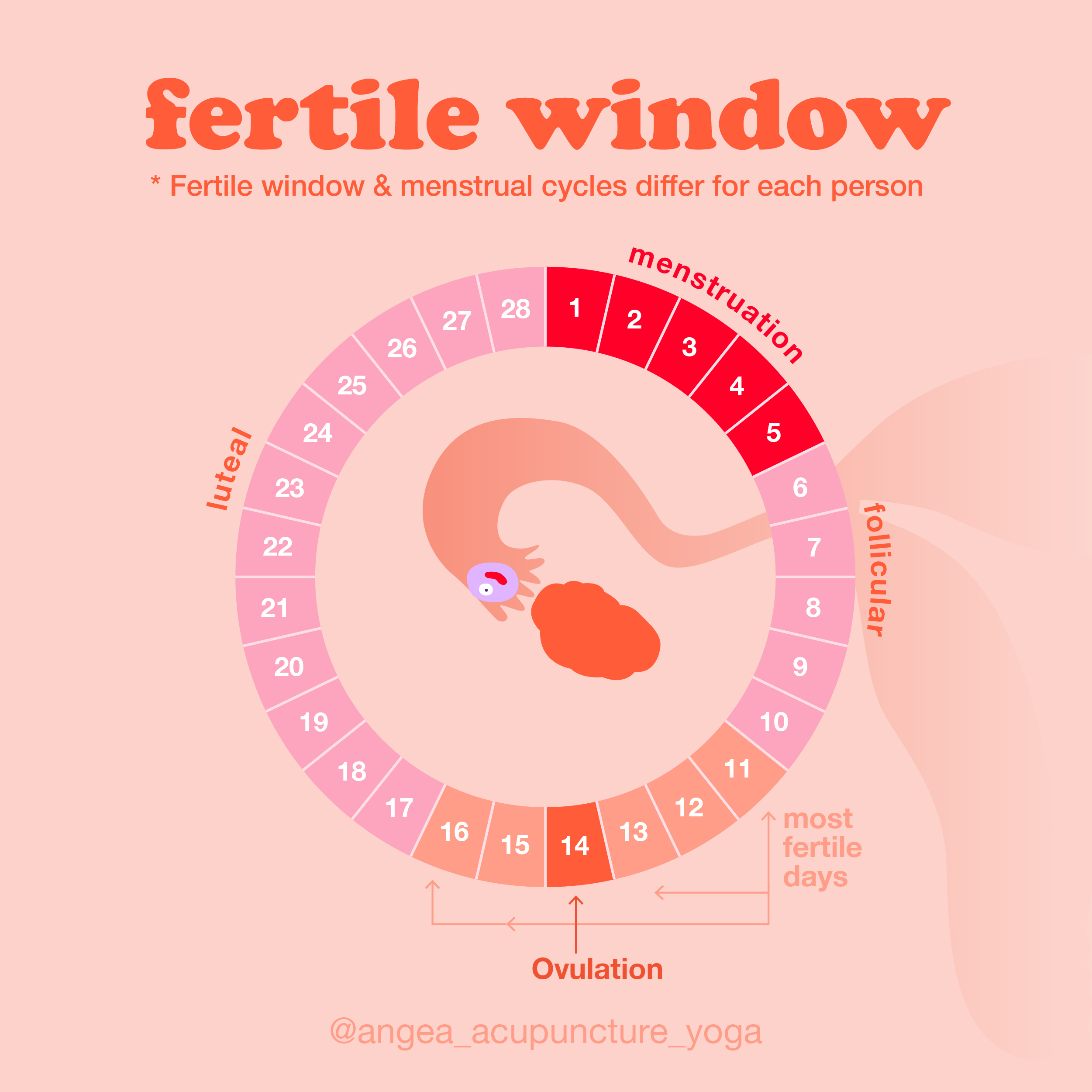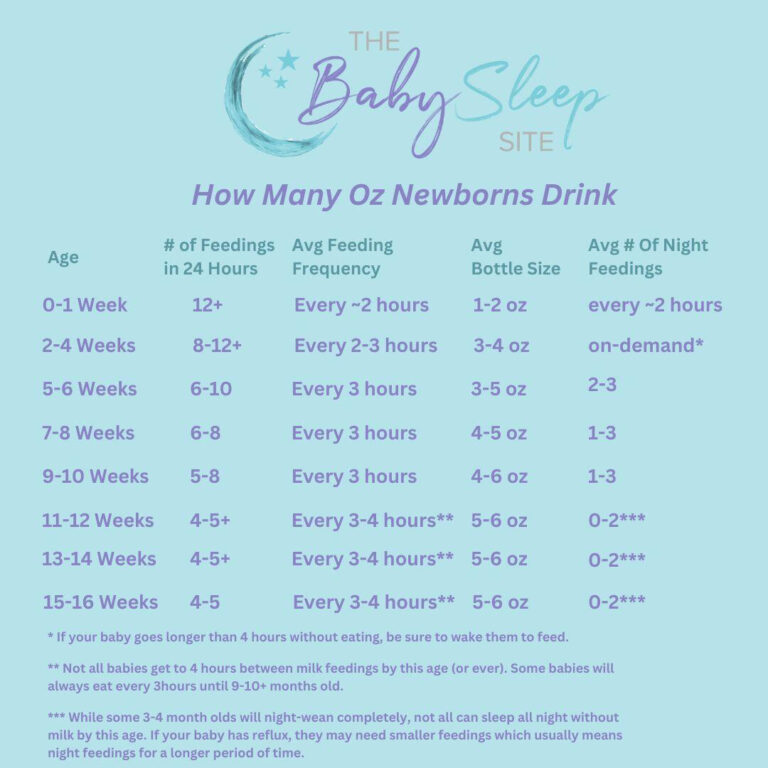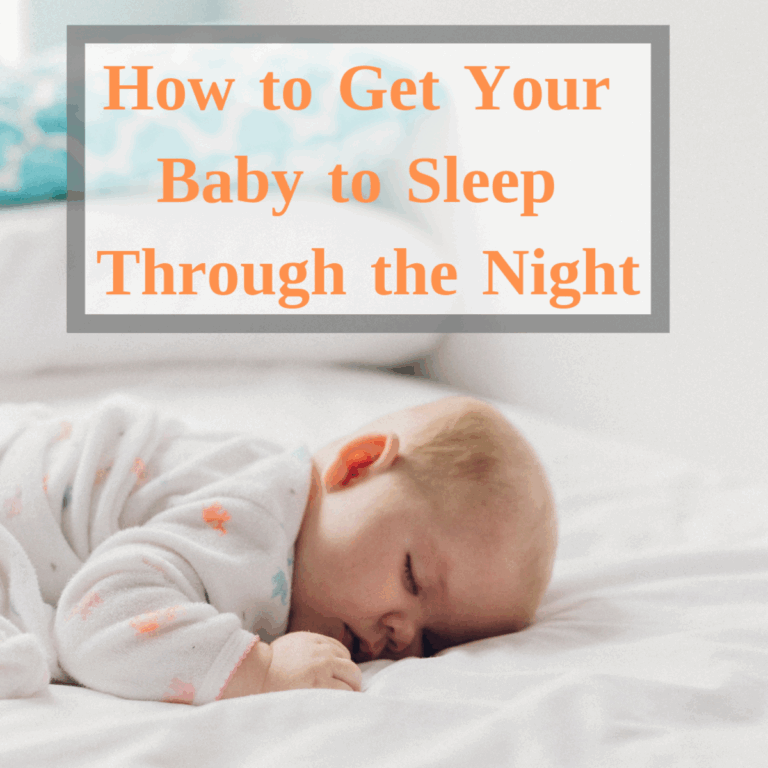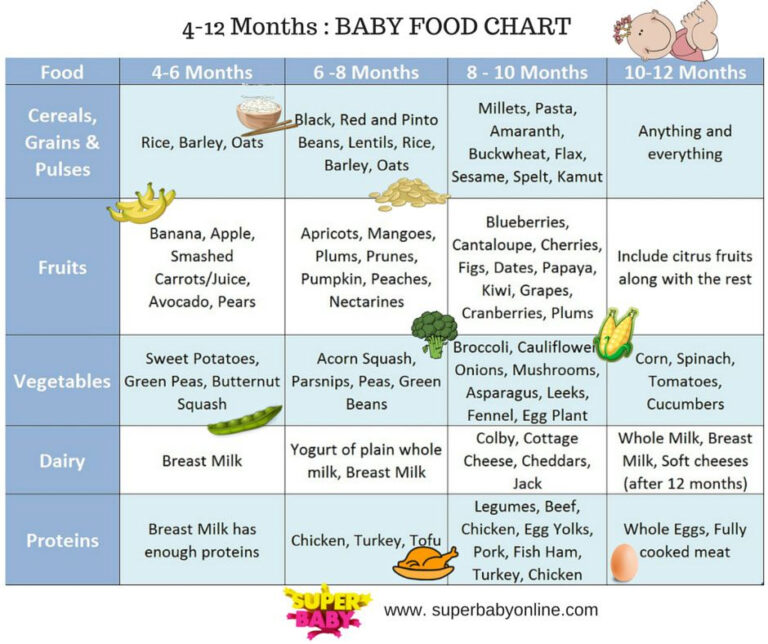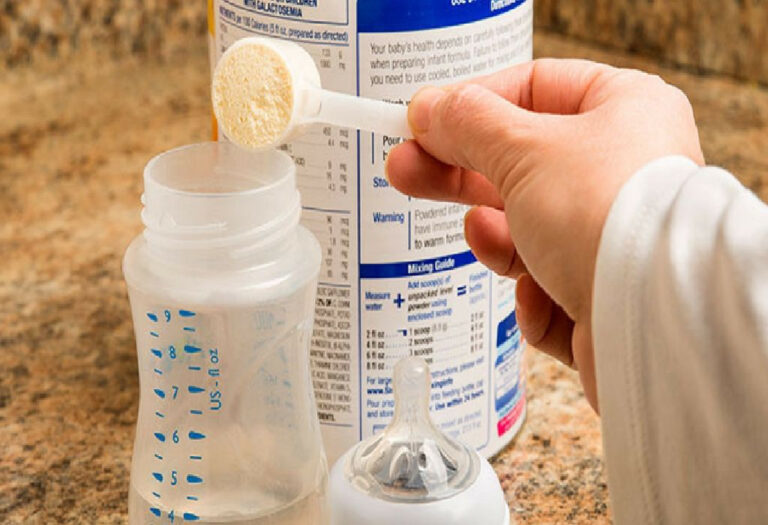How Long Are You Fertile After Having A Baby
Are you curious about how long you can remain fertile after giving birth? This article will delve into this topic and provide you with comprehensive information regarding fertility after having a baby.
Knowledge
After giving birth, many women wonder how long they can remain fertile. The answer to this question varies for each individual, but in general, women can ovulate as soon as three weeks after childbirth, even if they are breastfeeding. This is known as “the return of fertility.”
Several factors can influence how long a woman remains fertile after having a baby. These factors include age, breastfeeding, birth control methods, and the regularity of menstrual cycles. Age plays a significant role in fertility, with women in their late 30s and 40s experiencing a decline in fertility compared to younger women.
Many women believe that breastfeeding serves as a form of birth control, known as lactational amenorrhea. While breastfeeding can suppress ovulation and delay the return of fertility, it is not a foolproof method of contraception. Women who breastfeed exclusively may experience a longer period of infertility, but it is essential to use additional birth control methods to prevent unintended pregnancies.
Understanding your menstrual cycle can help you determine when you are ovulating and most fertile. Ovulation typically occurs around two weeks before your next period begins. By tracking your menstrual cycles and ovulation patterns, you can increase your chances of conceiving or preventing pregnancy, depending on your fertility goals.
If you are not ready to conceive another child soon after giving birth, it is crucial to explore different birth control options. From barrier methods like condoms to hormonal contraceptives such as birth control pills, there are various options available to help you prevent pregnancy and control your fertility.
Conclusion
In conclusion, how long you remain fertile after having a baby depends on various factors such as age, breastfeeding, and birth control methods. Understanding your fertility and menstrual cycles can help you make informed decisions about family planning and contraception. This article aims to provide you with valuable insights into postpartum fertility and empower you to take control of your reproductive health.
Overall, this article is beneficial for women who have recently given birth and are navigating their fertility options. By understanding the factors that influence fertility after childbirth, you can make informed choices that align with your family planning goals. Remember to consult with your healthcare provider for personalized advice and guidance on postpartum fertility.
